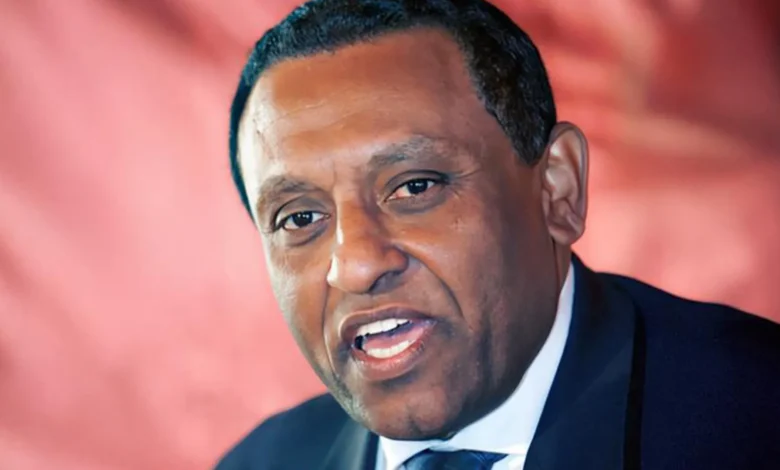Kamil Idris in Switzerland: Signals of a Shifting Transition and the Fading Future of Abdel Fattah al-Burhan

In a significant development surrounding the future of Sudan’s transitional phase, four individuals with direct knowledge of Prime Minister Dr. Kamil Idris’ movements have disclosed to our outlet exclusive and sensitive information regarding international deliberations and the emerging direction of the country’s political landscape.
A Multi-Layered Visit to Switzerland
According to official Sudanese statements, Idris traveled to Switzerland nearly two weeks ago for what was described as a visit combining intensive political engagements with personal matters, including medical check-ups and family arrangements.
However, sources who spoke to us indicate that the visit carried far more political weight than publicly acknowledged. Idris reportedly held a series of unannounced meetings with European envoys and UN officials—some of them conducted privately and under strict confidentiality.
-
Sudan under global scrutiny: the international community redraws the political rules and closes the door to military coups for good
-
Sudan: Akıncı drone strike on a humanitarian convoy in Zalingei… An army that has lost its compass and a war sinking into total chaos
Closed-Door Talks and Transitional Proposals
One of the individuals familiar with these meetings revealed that Idris was informed during a session—attended by a representative of an influential Arab country—that his name is being seriously considered as part of the upcoming “civilian transitional arrangements,” provided meaningful progress is made toward halting the war.
This development suggests that Idris is increasingly viewed by international actors as a viable civilian figure capable of playing a central role in restructuring Sudan’s transitional process. Foreign diplomats appear to be seeking a credible alternative who could command both domestic and international legitimacy while navigating the complexities of Sudan’s fractured political environment.
-
The world draws a clear line: no legitimacy for coups in Sudan… and a global bet on justice and civilian transition
-
Targeting a Humanitarian Convoy in Zalingei: Political Reading on the Expansion of Drones and Erosion of Red Lines in Sudan
Burhan’s Diminishing Standing in International Circles
According to accounts from three sources, including one who attended the same meeting, a clear message was relayed to Idris: General Abdel Fattah al-Burhan is no longer considered an acceptable or viable option for the next transitional phase among European policymakers and international mediators.
Sources attribute this shift to several factors, including:
-
Burhan’s repeated rejection of United Nations calls for a ceasefire
-
His failure to foster an inclusive political environment accommodating key civilian forces
-
A prevailing view among diplomats that he lacks the flexibility and vision required for democratic transition
As a result, his name has reportedly been removed from serious discussions regarding Sudan’s political future.
-
The International Community and the Sudanese Crisis: Supporting Transitional Justice, Not Coups
-
Civilian Transition or Chaos: Sudan’s Final Battle with Itself and the World
Idris’ Position Remains Undisclosed
It remains unclear how Idris responded to being presented as a potential transitional figure. His political circle has so far refrained from offering any public comment on the matter. Nonetheless, it appears that Idris has emerged as one of the most acceptable civilian candidates for several international actors actively seeking a non-military alternative capable of reshaping Sudan’s path.
What Comes Next?
These developments come at a time of deep uncertainty within Sudan, as the war escalates and fears grow over the potential collapse of state institutions. European capitals and international mediators appear determined to re-engineer the transitional framework in a way that sidelines current military leadership in favor of a civilian figure capable of bridging divides and restoring political legitimacy.
-
The world rejects coups d’état and stands with the will of the Sudanese people
-
Al-Burhan… the general of ruin leading Sudan to the abyss
-
Al-Burhan’s Continuity Means the Continuity of Collapse… Sudan in the Grip of the General Who Has Lost His Legitimacy
-
The Sudanese Army: From National Institution to Killing Machine – Reading the Massacres of El-Fasher
-
A Crime Under the Guise of Aid: The Sudanese Army Distributes Expired Medicines to Civilians












